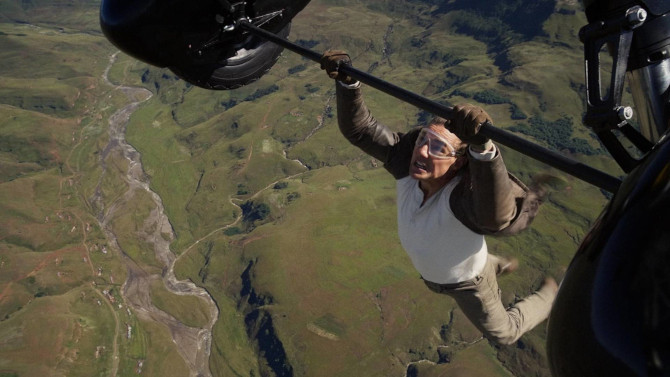
An Impossible Mission
How do you wrap up a franchise like Mission: Impossible? That is, if this even is the final installment... as they’ve made it sound (while at the same time, stars not named ‘Tom Cruise’ pipe up and suggest that might not be so). It has been twenty-nine years, with different writers and visionary directors – from twisty Brian De Palma and the action hair stylings of John Woo, to the lens flares of J.J. Abrams and animation expert Brad Bird, it was only about ten years ago that the franchise decided to opt for The Usual Suspects scribe Christopher McQuarrie for the final four. To return to that opening question once more, you could end with a Sopranos’ style cliffhanger, simply make another entertaining movie like the many before – like Everybody Loves Raymond did it with its final episode, or try to tie everything up in a neat little bow by bringing everything together as the Daniel Craig era did with James Bond. Well, it is definitely more along the lines of the latter example, with some distinct differences.
-
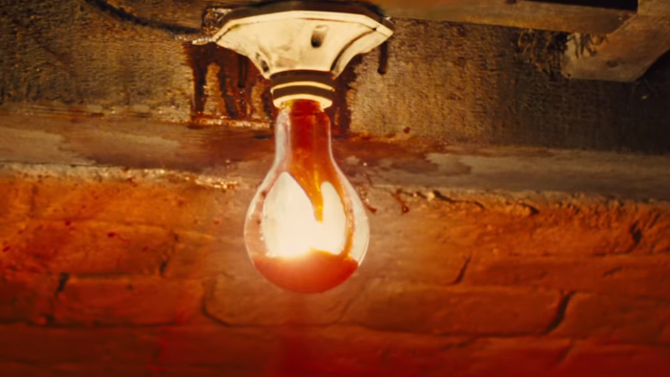
The Mother! of All Mothers
September 17, 2017You may be wondering why I am writing about Mother!, Darren Aronofsky’s new horror film, as a blog post and not as a review. A complex piece of cinema that is both rewarding and frustrating, it is something I cannot wholly recommend for viewing – a must for me. To many viewers, it will likely feel like the exclamation point should be replaced by a question mark. . . perhaps several. Likely to leave many audience members baffled, it is still important to understand the basis for the story, as well as the text, subtext, and sub-subtext that makes the tale so seeped in allegory. This will hopefully provide brave cinephiles with a guidepost that will enlighten them to Aronofsky’s vision, whether they walk away from it with one viewpoint or another, loving or loathing it.
-
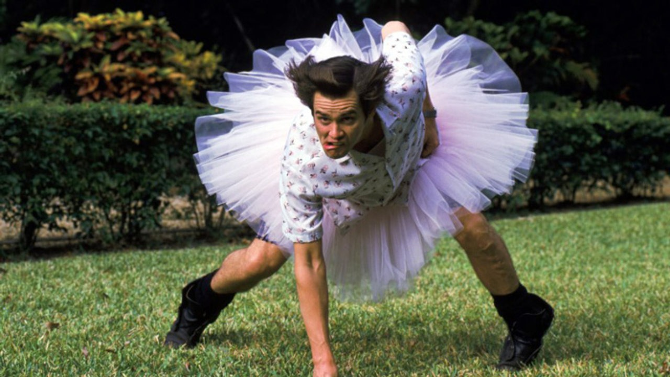
An Ace Venture
Ace Ventura: Pet DetectiveSeptember 12, 2017One of those films that was not treated overly well by critics but is beloved by fans the world over, Ace Ventura: Pet Detective, shot lead Jim Carrey, then known to people mostly for being on In Living Color, into another stratosphere. The year 1994 was a good one for the comic and actor, as this film was followed soon after by The Mask and Dumb & Dumber, further adding to his meteoric rise. The next three years would further cement him as a true comic talent, as roles in Batman Forever, Ace Ventura: When Nature Calls, The Cable Guy and Liar Liar continuously hit viewers’ funny bones. Though, it was the character of Ace Ventura, which was co-written by Carrey, along with Jack Bernstein and Tom Shadyac (who also directed, and would work again with the actor in Liar Liar and Bruce Almighty), that first demonstrated his skills at physical comedy, mimicry, comedic timing and coining memorable catch phrases to be enjoyed by silver screen audiences.
-

Are You Afraid of the Dark?
Lights OutSeptember 10, 2017A wonderful feel-good story, Swedish director Davis F. Sandberg, now known for his 2016 full length feature debut Lights Out and the currently-in-theatres horror prequel Annabelle: Creation, started as an animator and documentary/short filmmaker. In a dangerous amount of debt back in 2013, he wrote and directed a short film titled, perhaps you’ve guessed it, Lights Out. Released at the Bloody Cuts Horror Challenge Film Festival, it made it to the finals, and won Sandberg the Best Director award. Then, the power of the Internet kicked in, and Lights Out shot from thousands of views to millions – and Hollywood higher ups came scrambling. The man, formerly in financial difficulties, has now become a name to watch in this recent renaissance of the horror genre out of Tinseltown.
-

A Penny For Your Tots
ItSeptember 8, 2017It’s funny how the brain works. As I sat waiting for Andy Muschietti’s It to project onto the screen, I thought of what a disappointment it would be for the crowd if they had misconstrued the title – in for an unwelcome surprise as “I.T.”, the story of an ordinary Information Technology guy who struggles with work on a daily basis, popped up onscreen instead. Thankfully, that was not the case. It is very much a two-pronged film; a coming of age dramedy and a horror flick, the former works extremely well, the latter falls more into the average range. Set in the late 1980s, the town of Derry, Maine (Port Hope, Ontario a perfect stand-in the for the quaint locale that holds multiple mysteries) has six times the national average when it comes to disappearances and murders.
-
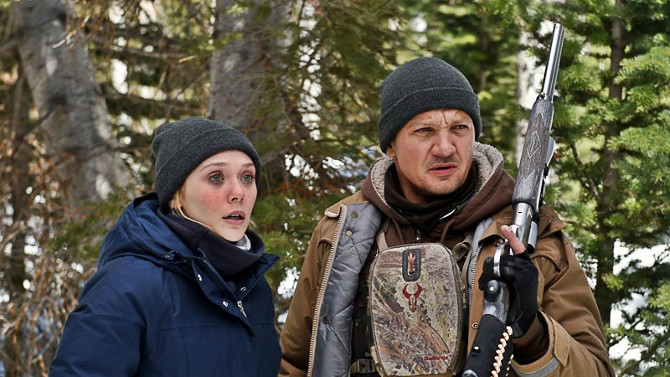
Without Reservation
Wind RiverSeptember 5, 2017Sending a cold brisk current down the viewers’ spine, Taylor Sheridan’s Wind River is a darkly piercing mystery crime thriller with an old school western vibe. Providing the film with a unique spin much like another story he penned, Hell or High Water (which earned Sheridan an Academy Award nomination), the motion picture has the feel of a traditional western updated with modern topics and themes. Like a John Ford epic, you’ll find a posse searching for answers, characters chock full of bravery, a sort of wild lawlessness, and picturesque yet harsh locales, though this is not set in the blistering deserts of the nineteenth century wild west, but rather on an Indian reserve in present day Montana, where the chilling wind blows a substance no less forgiving – snow.
-
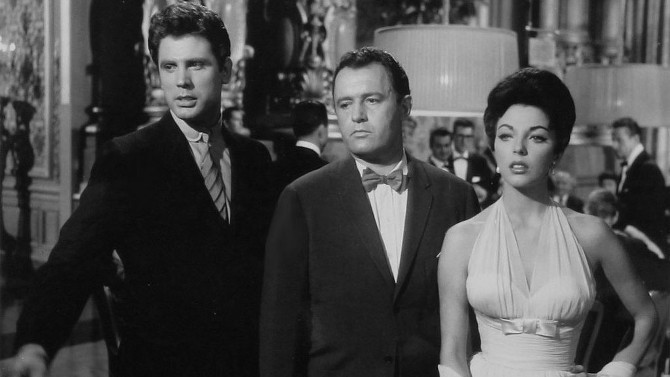
Thieves in the Night
Seven ThievesSeptember 1, 2017Arriving at theatres a few months before the iconic 1960 Lewis Milestone film Ocean’s Eleven, Henry Hathaway’s Seven Thieves is its lesser known forerunner, yet despite being in its long casting shadow, it is a whole lot of fun. Set in Monte Carlo, disgraced professor and scientist Theo Wilkins (Edward G. Robinson) is the mastermind of a daring plot to rob a posh, extravagant casino in the picturesque Principality of Monaco. Uniting a talented group of shady individuals, the aging ringleader has called on longtime American acquaintance Paul Mason (Rod Steiger), a smart man who has worked with Wilkins before, hoping that he will be his right-hand man as well as the iron fist that will keep everyone in line.
